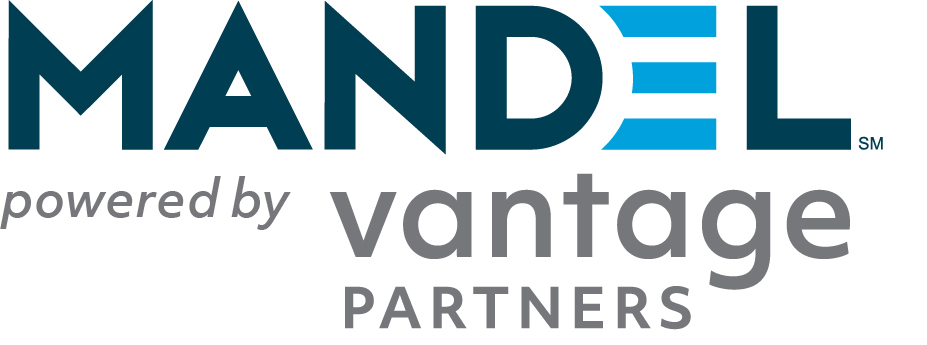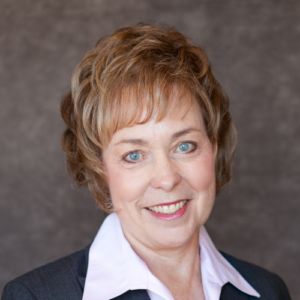Last month, I attended the 2017 Spring Conference of the Association of Briefing Program Managers (ABPM) in Boston.
With a nod to the iconic Boston event, this year’s theme was: “World Class is a Marathon.”From the keynote speaker (a marathon runner, of course!) through the breakout sessions, the tours of Boston-area briefing centers, and ultimately the awards ceremony for “World Class Centers and Programs” at the Harvard Club—the event focused on what it takes to elevate a customer-facing briefing program from good to great.
In our 15 years’ experience partnering with ABPM and working with Briefing Center clients, going from good to great takes world-class communicators—people who can facilitate interactive, collaborative, results-oriented discussions with customers.
What does it take to transform a smart and skilled Subject Matter Expert (SME) into a world-class discussion leader?
And what lessons can the rest of us apply to our own communications with colleagues and customers?
- Curiosity
Contrary to the popular adage that “curiosity killed the cat,” we believe that curiosity keeps the conversation alive!In the world of briefing programs, well-trained program managers work closely with account teams to gather as much information as they can in advance about the visiting customer. This information is shared with all SMEs who will be leading discussions or giving demonstrations.But world-class discussion leaders don’t rely solely on advance research!Once they’re in the room, they listen carefully as customers describe their current business environments and challenges. Then, whenever possible, they link back to what they heard the customer tell them.Even though the best discussion leaders have a plan for what to cover in their limited time with customers, they make a point to consistently check in, in order to facilitate collaboration and ensure customers’ needs are being met.
What’s the lesson for the rest of us?
Know as much as you can about the other person before you meet with them and continue to ask questions throughout your discussion.You’ll be surprised at how much you can learn and how much easier it will be to keep the conversation going. People like feeling heard!
- Clarity
It may seem like an oxymoron to suggest that the best discussions are planned, especially since I just encouraged you to collaborate in-the-moment and ask lots of questions on the fly.In our experience, we find that the best collaborative discussions actually happen when there is a clear plan in place.The Mandel Blueprint® is a communications framework discussion leaders use to establish a shared understanding of the purpose of any meeting:- What issues are most important to the customer?
- What problem are we trying to solve?
- How will we get there?
What’s the lesson for the rest of us?
Anytime you’re running a meeting, do your prep work.Put a clear and concise plan in place, clearly communicate that plan at the beginning of your meetings, and be willing to adapt in the moment as you learn.
- Commitment
One of the best lessons I’ve learned through Mandel’s partnership with ABPM is the importance of follow-through. Imagine this: fabulous preparation, excellent conversations, happy customers, and then….If there isn’t any follow-through, all of the relationship capital you earned during your meeting (and prior to it) could be lost in a heartbeat.The best discussion leaders allow time at the end of any communication to make sure that both parties are in agreement about next steps, e.g., Who is doing what? When can I expect that research, paper, video, contract, etc.?And they put it all in writing, so everyone is on the same page.What’s the lesson for the rest of us?
Even in an informal communication with a colleague, if action items were discussed, follow through.Make sure everyone knows the who, what, when, and where. Keeping commitments keeps the momentum of a positive meeting moving forward.
Simple, but it takes practice and persistence.
A world-class briefing program is an elegant combination of people, process, and place.
Even with a beautiful facility and a finely tuned, skilled team—without “world-class communicators” the right message won’t be delivered in the right way at the right time to move the relationship forward.
Whether you’re building a briefing program, a business, or your own career, achieving greatness takes practice and persistence! In other words, World Class really is a marathon.
Consistent practice and application of the three principles of curiosity, clarity, and commitment can help you become a world-class communicator—someone who can communicate in ways that rapidly move ideas, decisions, projects, relationships, and businesses forward.
Do your subject matter experts have the conversation and presentation skills needed to win a customer’s confidence and business? Browse Mandel’s Think and Speak for Results™ Communication Training Workshops.







